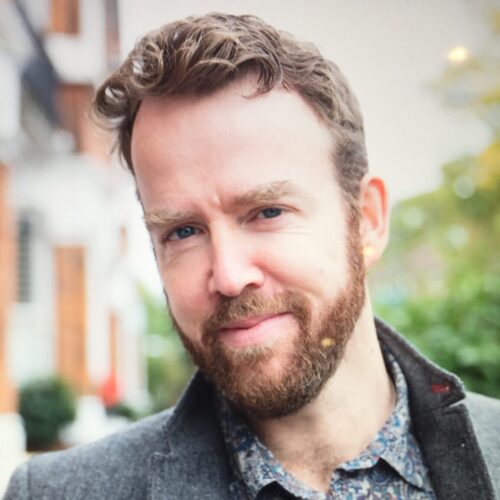BIOGRAPHY
Jonathan Rowson is a Chess Grandmaster, Strategist and Philosopher. The author of five books, including The Moves that Matter – A Grandmaster on the Game of Life (Bloomsbury 2019), he speaks on how to succeed and find purpose in a complex world.
Jonathan describes himself as an expert generalist, with a track record to illustrate. After working on complex collective action challenges in public policy, Jonathan became the founding Director of Perspectiva, a charity that seeks to understand the relationship between systems, souls, and society in theory and practice.
In 2018 he was awarded a highly competitive Open Society Fellowship to apply his unique philosophical and strategic approach to challenges faced by the human rights movement. He was Director of the Social Brain Centre at the RSA from 2009-2016, where he authored a range of influential research reports on behaviour change, climate change, and spirituality, and curated and chaired a range of related events with people as varied as David Attenborough and Jordan Peterson.
Jonathan has appeared on BBC TV and a regular guest on BBC Radio several times, including as an invited expert on the Today Programme and on The Moral Maze. His written work and research has also appeared in The New York Times, The Guardian, The Daily Telegraph, The Times, The New Statesman and Prospect magazine, amongst others.
Jonathan holds a first-class degree in Politics, Philosophy, and Economics from Oxford University and did his post-graduate work in theoretical psychology at Harvard and Bristol Universities, including a Ph.D. on what it means to become wiser.
He was the British Chess Champion for three consecutive years from 2004-2006 and worked as part of former World Champion Viswanathan Anand’s analytical team in 2008.
JONATHAN ROWSON: SPEAKER
Drawing on his wide range of expertise, Jonathan helps business leaders understand the complex forces driving our world and how to think strategically in this context. He always tailors his content to each audience, covering themes such as:
What chess teaches us about work and life
Strategic thinking in a complex world
How to concentrate
The impossible we? The challenges of collaboration and competition
Can we become wiser?
What is the “meta-crisis” and why should we care?
Learn or die: why sustainable prosperity depends on reimagining education
